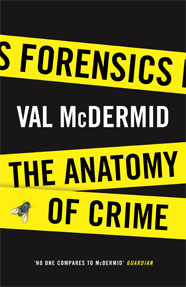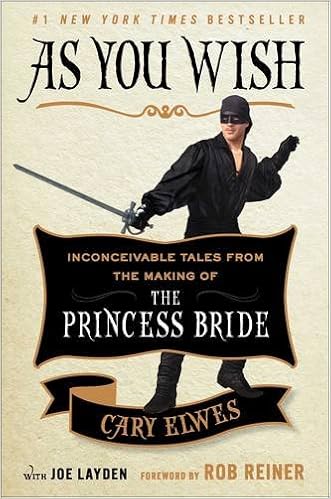Robert
Towne died a week ago, Tuesday. He was
89, which surprised me, because I’ve always thought of him as being more or
less my age. Probably because he managed
to capture so effectively a kind of consciousness that seems particularly ours, this generation, a neo-noir sensibility, the
shadow of
The
best-known movies he worked on, without a formal writing credit, are Bonnie and Clyde and The Godfather. Francis Ford Coppola, accepting his screenplay
Oscar for Godfather, went out of his
way to share Towne’s contribution. Towne
did unspecified work on The Missouri
Breaks, Marathon Man, Heaven Can Wait, Reds, and
He directed four of his own scripts. The first, Personal Best, released in 1982, is a jock picture, about track and field, and I myself have a real soft spot for it. Siskel and Ebert put it on their Top Ten list, but it tanked at the box office. Was it the lesbian angle? Seems hard to credit; it’s all very innocent and sort of summer camp –there’s a fair amount of locker-room nudity, but Porky’s it ain’t.
It’s hard, with all due respect, to see Without Limits and Ask the Dust, the two later pictures Towne wrote and directed, as other than vanity projects. Now, these days there’s really no such thing. You pitch a movie, and convince the suits you can give them a return on their investment. And apparently a story about the runner Steve Prefontaine was convincing enough (Without Limits). It’s sort of curious that it bookends Personal Best. I don’t know that you can say the same of Ask the Dust, an honest effort, but it simply doesn’t take wing. Salma Hayek glows in the dark; Colin Farrell is in the wrong movie.
You can only wonder if it’s just the breaks, somehow. I look at Walter Hill, and John Milius, for example, both a little younger than Towne, but both guys who toiled in the trenches. (Towne’s first two feature credits are for Roger Corman grindhouse pictures; Milius started out at American International, a longtime poverty row independent.) Hill got lucky, and was picked up by the majors, his second produced screenplay was The Getaway. He moved into the director’s chair with his sixth script.
He’s kept writing and directing and producing. Milius a slightly different kettle of fish. A lot of scripts and stories, not anywhere near as many features as a director – seven only, so far. But like Towne, he’s also worked uncredited. Get this. Dirty Harry, Jaws, the second Indiana Jones, Red October, Saving Private Ryan. I’m thinking they kept pursuing commercially successful stuff, and maybe Bob Towne did too, but somehow less energetically. That can’t be right.
Robert
Towne’s last screen credit is
Guy wrote some God damn good movies, though. Which isn’t a bad epitaph, at all.
“I want to write a movie for Jack.”
“What kind of movie?”
“A detective movie.”
“What’s it about?”
“Los Angeles. In the ‘30’s. Before the war.”
“What happens?”
“I don’t know. That’s all I know.”
(Quoted
by Ty Burr, The







